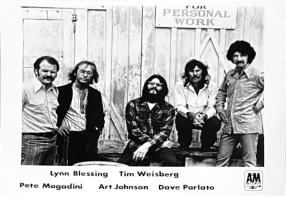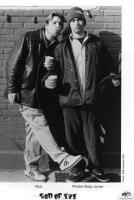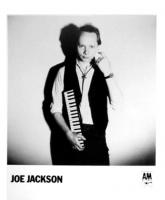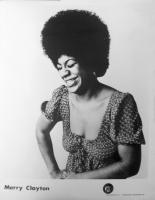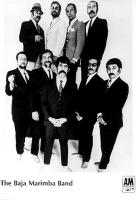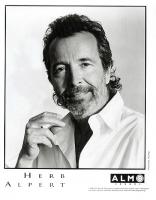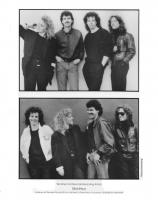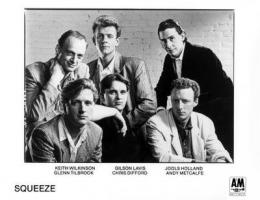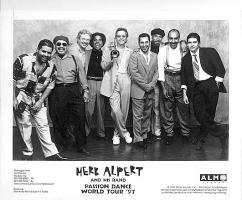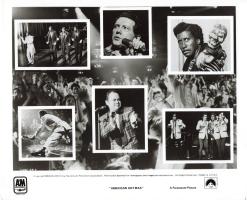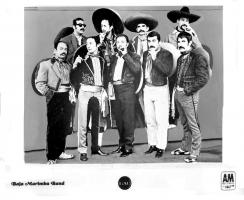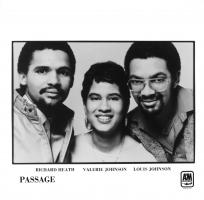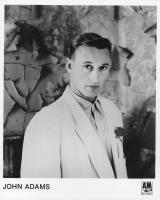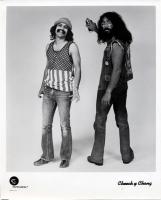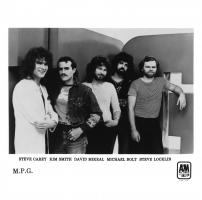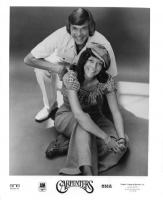DARK HORSE RECORDS
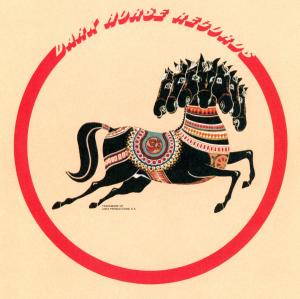
The Beatles contractual obligations to EMI-Capitol-Apple would end in 1975. Looking toward that time, George Harrison founded Dark Horse Records Ltd. in Britain in May 1974. At the same time, he entered into negotiation for worldwide distribution rights with A&M Records President Jerry Moss. They signed a partnership agreement on May 15, 1974 that created a five-year deal that included the right to Harrison's first four solo albums as well as his personal services as a producer for Dark Horse artists. For the first time, Alpert and Moss offered to sell 5% of their stock to someone outside A&M. The first Dark Horse employee was Jonathan Clyde who was appointed director of marketing, promotion and a&r in Britain and Europe. Clyde joined Dark Horse in June 1974. In December, Elaine Corlett was named the administrative manager for Dark Horse. Her responsibilities included marketing, merchandising and creative services.
John Sippel described the agreement in Billboard: "A&M [was] to assume all losses in the partnership. A&M was to get 15% of the gross for the cost of distribution up to $2 million annually. If A&M didn't generate $300,000 annually, it could not carry the loss through subsequent years...A&M was to be credited with all profits until A&M had been credited with an aggregate amount of profits equal to the aggregate amount of losses charged to A&M."
"On signing the contract, Dark Horse was to get $255,000, and an additional $225,000 at the start of the second and third year and $200,000 at the start of the fourth and fifth years."
"In regard to such payments, $100,000 of each payment was an advance against the artist's royalties, and in the first and second years, $125,000 of each payment was not an advance against royalties but would be repayable from the partnership to A&M by way of reimbursement."
"All profits from non-Harrison artists would be used to pay A&M for $500,000 of its $1 million loan to Harrison, but only after distribution of $500,000 to each partner."
"The five-year pact gave A&M a two-year selloff period, with masters then reverting to Dark Horse. A&M retained right of first refusal on all albums."
"Royalties for non-Harrison acts were 12.5% of 90% in the U.S. and 15% outside the U.S. except in Medico and Central and South America, where it was 12.5%. Packaging deductions for these acts in the U.S., Canada and the U.K. were 10% of the retail selling price for single LPs: 12.5% for doublefold and 20% for tape."
"Harrison's royalties were: 15% of 90% except for the Latin countries, where it was 12.5% and Canada where his take was 17.5%. There was no packaging deduction for Harrison albums in the U.S., Canada and the U.K. unless cost exceeded 3.3% of retail price but not less than 23 cents in which case 50% of excess would be deducted from his royalties and 50% from partnership profits. Outside that, deduction for single LPs would be 6.5% and 10% for doublefold and tape."
"The royalty rate for all singles was 12.5%."
In June 1974, Jonathan Clyde was named the director of Dark Horse Records. He was responsible for marketing, promotion and a&r in Britain and Europe. The US operation opened in August 1974 with Dark Horse setting up offices at A&M Records in Los Angeles. Dark Horse released its first two albums, The Place I Love by Splinter and Ravi Shankar Family and Friends on September 5, 1974. The British launch of Dark Horse was celebrated with a charity concert by Ravi Shankar at the Royal Albert Hall attended by A&M founders Herb Alpert and Jerry Moss. In the Netherlands, Ariola distributed Dark Horse Records. In December Elaine Corlett was named the administrative manager to coordinate marketing, merchandising and creative services for Dark Horse recordings.
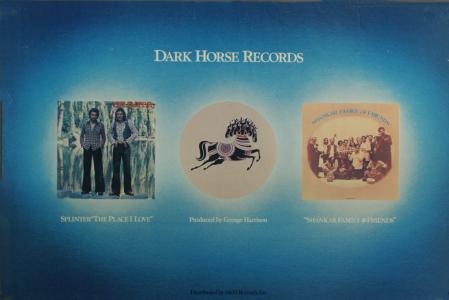
A&M Records artist Billy Preston introduced The Stairsteps to the Beatles. The Stairsteps subsequently signed with Dark Horse Records.
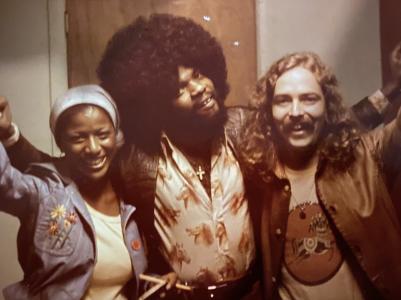
Billy Preston at the Montreal Forum in September 1974 touring in support of the Canadian launch of Dark Horse Records. Billy is backstage with JP Guilbert (A&M Montreal promotion representative).
A&M released eight albums and 11 singles by Dark Horse Records. In 1974, Splinter's The Place I Love album was a Billboard Top 100 album and the album produced a Top 100 single. Splinter's first single "Costafine Town" peaked at 69 on the Cashbox chart. In 1975, the Attitudes had a Top 100 single.
Dark Horse Press Release January 1976
George Harrison's first solo album was due to A&M Records by July 26, 1976. George Harrison never delivered the album to A&M. In August, A&M learned that Dark Horse made arrangements to have art work for Dark Horse product to be delivered to Warner Brothers. On September 18, Dark Horse began to move off the A&M lot.
On September 26, 1976, A&M Records filed a $10 million lawsuit to dissolve its partnership with Dark Horse. A&M sought to prevent Harrison from taking his new album to another record label until the suit was settled. A&M alleged that George Harrison breeched their contract by failing to deliver his first solo album by the deadline and had forfeited his million dollar advance. Harrison was advanced $150,000 against royalties for the first solo album. When he breeched the contract, the advance became a loan with an annual interest rate of 9.5%. In its suit, A&M claimed expenses of over $3 million for international operations over two years. The suit was settled by George Harrison paying A&M Records $4M. His first solo album was released by Warner Brothers in November 1976.
The Stairsteps' single "From Us to You" was named Billboard's #44 Top Soul Single in 1976.
The Dark Horse logo was first used commercially in September 1974. Its trademark history was that it was filed on October 24, 1974; registered on October 5, 1976 and the trademark was allowed to expire.
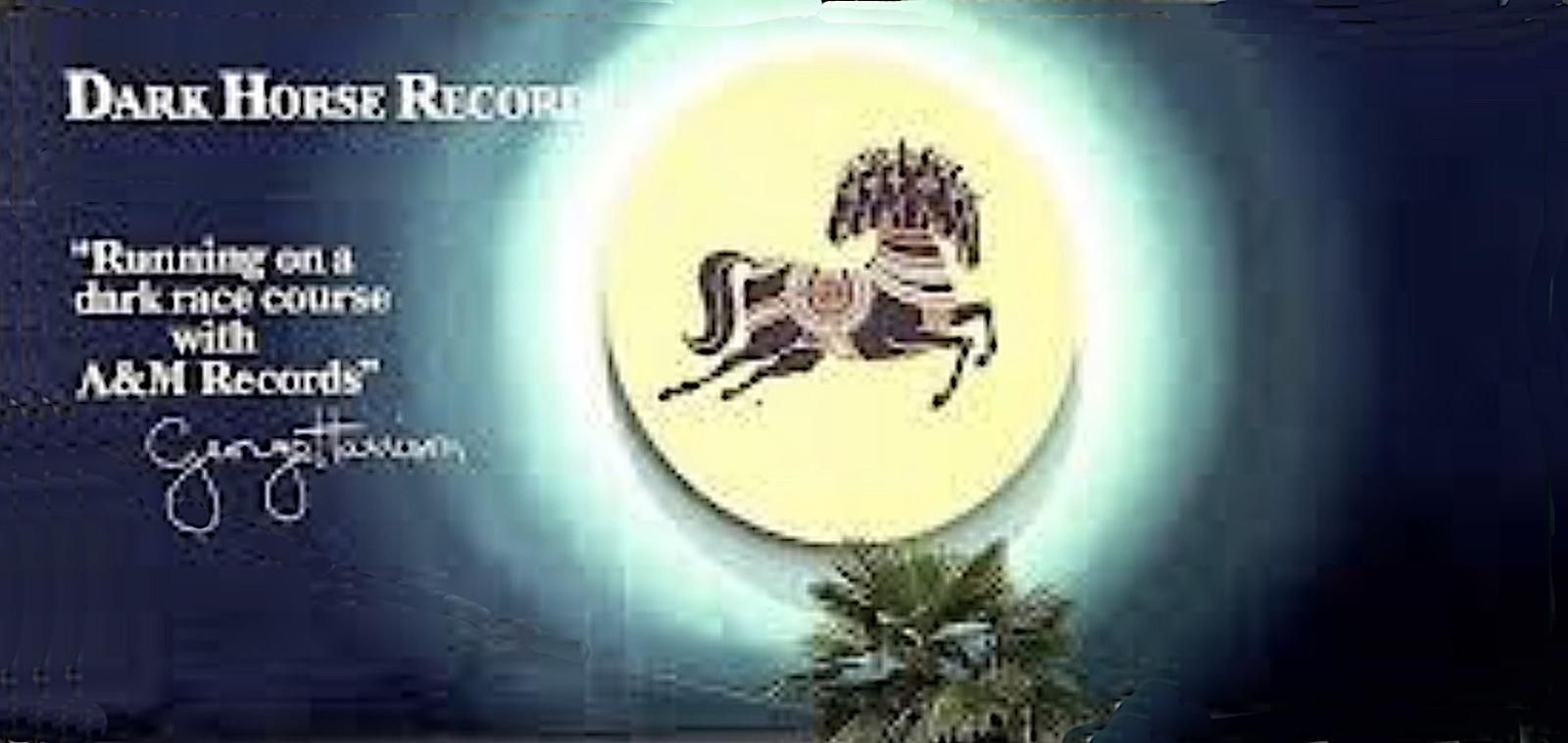
DARK HORSE RECORDS SINGLES
In the United States, A&M Records assigned Dark Horse singles their own stock number series. In England, the first pressings of Dark Horse singles were mingled in the in the AMS 7XXX series, an active artist series that also had A&M artists in it. In February 1975, A&M Records, Ltd. gave the Dark Horse singles a unique series of AMS 55XX.
SOURCES:
General News: A&M Wins Harrison's New Label. Billboard, June 1, 1974.
Ariola to Distribute in Holland. Billboard, June 15, 1974.
John Sippel. A&M + Harrison: Pact That Failed. Billboard, December 11, 1976.
Whitburn, Joel. Joel Whitburn's Top Pop Albums 1955 - 1996. Menomonee Falls, WI: Record Research, Inc., 1996.
Whitburn, Joel. Top Pop Singles 1955 - 1999. Menomonee Falls, WI: Record Research, Inc., 2000.


